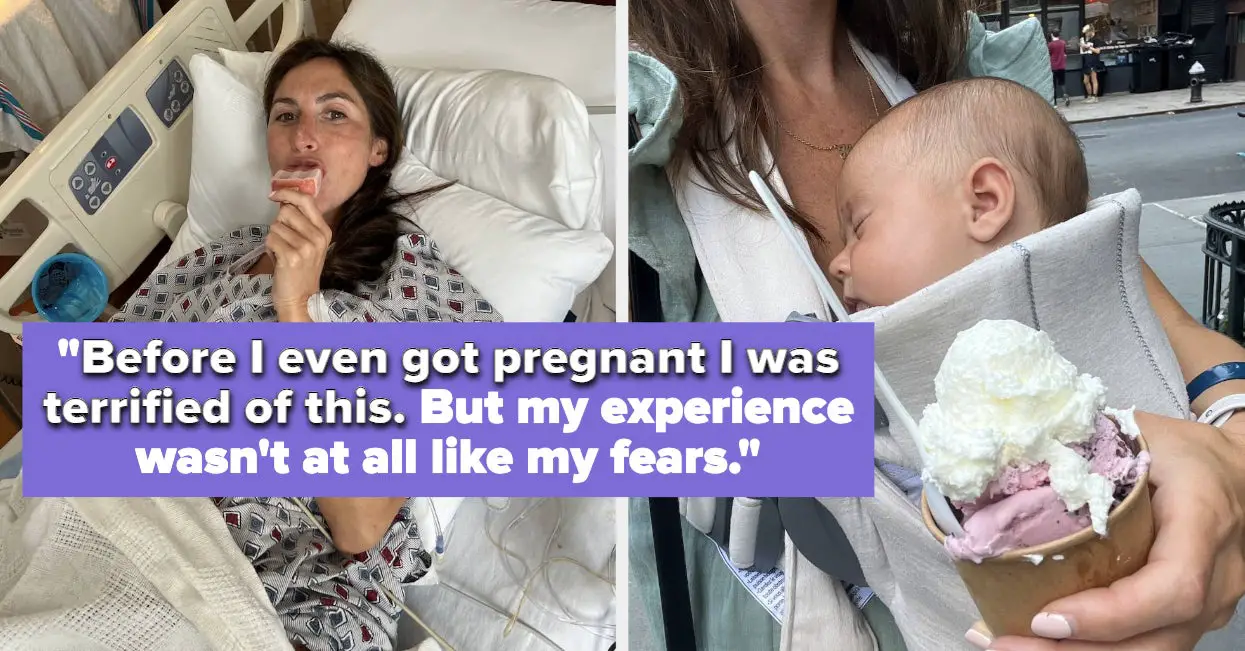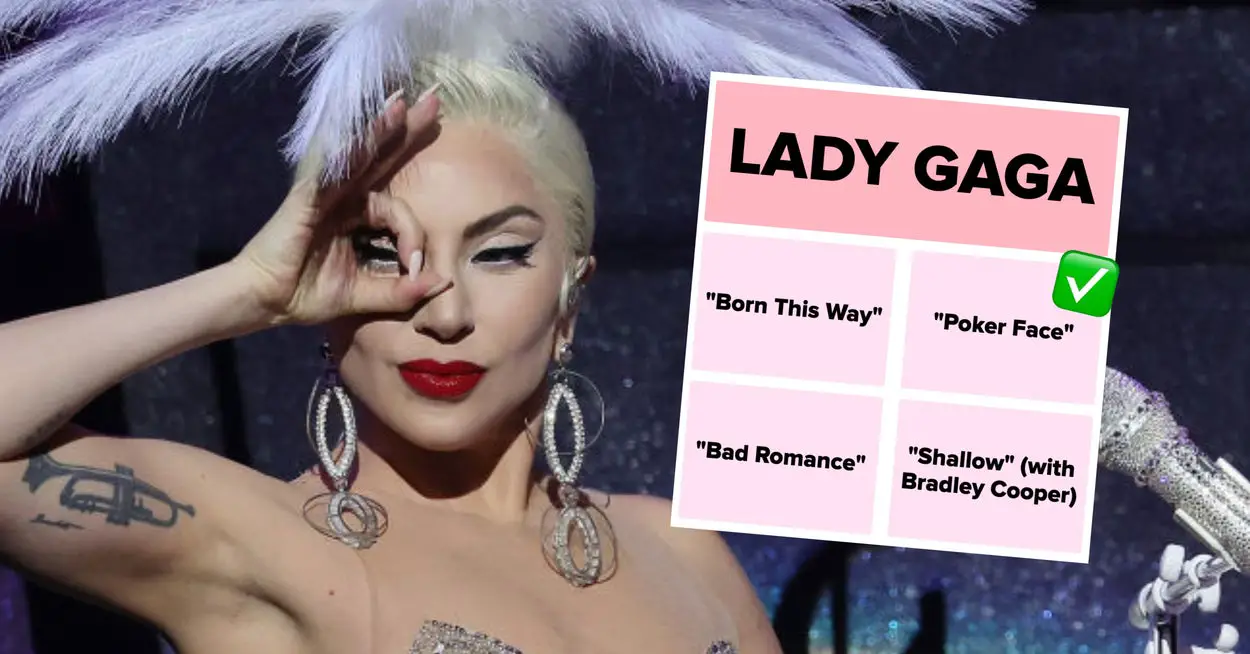Last week Saturday, over 20 million viewers from across the UK tuned in to watch the coronation of King Charles III, making it the country’s most-watched TV event of the year. Another approximately two million took to the streets of London, under the close watch of AI.
In the lead-up to the coronation, the Metropolitan Police confirmed that it would deploy live facial recognition technology — which scans faces and matches them against a list of people wanted for alleged crimes — across central London to identify potentially dangerous individuals mingling in the crowds.
During the event, the software scanned footage from central London’s almost 1 million CCTV cameras and analysed it using an AI algorithm to identify faces that might match those on the Met’s watchlist. The sheer scale of the deployment made it the largest-ever use of live facial recognition technology in public spaces in British history.
Live facial recognition technology has been a topic of controversy in the UK in recent years due to concerns about privacy, civil liberties, and the potential for the technology to be misused.
One of the main issues is the lack of clear legal regulation around its use. “Live facial recognition is not referenced in a single UK law, has never been debated in parliament, and is one of the most privacy-intrusive technologies ever used in British policing,” said Madeleine Stone, legal and policy officer at British civil liberties campaign group Big Brother Watch.
Critics argue that the use of live facial recognition could lead to false positives, where innocent people are wrongly identified as suspects. There are also concerns that the technology may disproportionately impact certain groups, such as people of colour or those with disabilities, due to the potential for bias in the algorithms used to analyse the images.
As a result of these concerns, there have been calls for a moratorium on the use of live facial recognition technology until clear legal guidelines and ethical standards can be established. While some European countries have limited its use by private companies, they are reluctant to extend these restrictions to public authorities and law enforcement.
Last month, the UK police resumed the use of live facial recognition technology following research showing a ‘substantial improvement’ in its accuracy. A report from the National Physical Laboratory found that the chances of a false match were 1 in 6000. This is still far too inaccurate, say campaigners.
While the tensions around live facial recognition were on full show during the coronation, there was another emerging technology setting records: 5G.
5G is the latest wireless technology that provides faster and more reliable connectivity than its predecessor 4G and has the potential to revolutionise how we use the internet, especially for data-intensive applications like self-driving cars, gaming, and live media streaming.
While there has been a significant concern (and misinformation) surrounding 5G — from beliefs that it causes radiation to more outlandish claims that it could spread the coronavirus — unlike live facial recognition, most experts agree it poses little harm.
‘World’s largest temporary private 5G network’
Of the 20 million plus viewers that tuned into the royal action on Saturday, the majority watched the coverage on the BBC, which broadcast the event live.
In recent years, news crews have relied on mobile networks to capture footage from hard-to-reach locations that can’t be accessed with satellite trucks or cables. This approach can cause issues during large events as the networks become congested with social media users uploading content and journalists competing to send their images back to news channels.
To ensure a reliable connection for live broadcasting BBC R&D, the technical research arm of the British news company, deployed the world’s largest temporary private 5G network across The Mall — the 1km grand red road leading from Admiralty Arch to Buckingham Palace, where hundreds of thousands of people gathered for the King’s procession.

Streaming large amounts of professional video requires a high uplink capacity, which public networks are not designed for. To handle the traffic, the BBC set up a separate, private network using UK comms regulator Ofcom’s shared access spectrum which secured 80 MHz of radio capacity centred on 3855MHz. Mobile bonding devices such as LiveU’s LU300 with 5G modems and dedicated SIMS moved the video traffic away from the public networks and onto the private network.
In plain English, this meant that 60 devices could stream large data rate video from any point along The Mall, without interfering with the speed of public mobile networks.
“The beauty of this system is that for operators and broadcasters, the workflow is pretty much the same as they use every day, but we can be confident that their units will work no matter how busy the public network becomes,” said BBC R&D in a blog post.
Unlike live facial recognition, the future of 5G is more certain, with half of all mobile subscriptions predicted to be connected to 5G networks in just four years time.
Source link










Leave a Reply